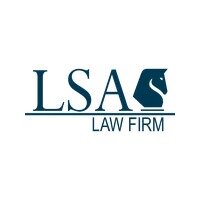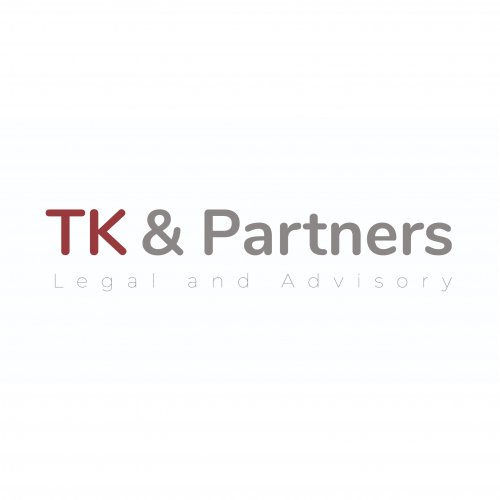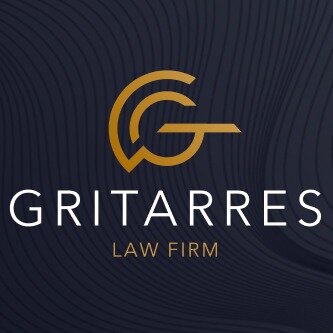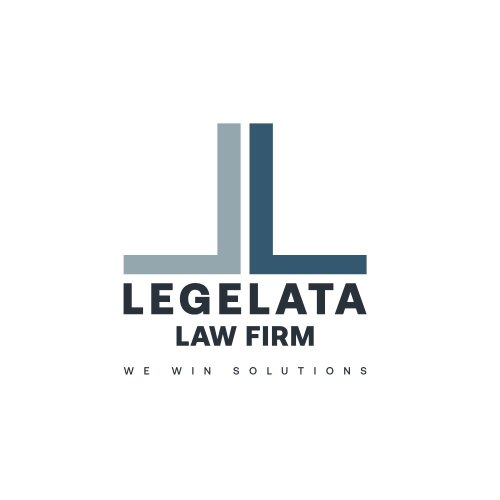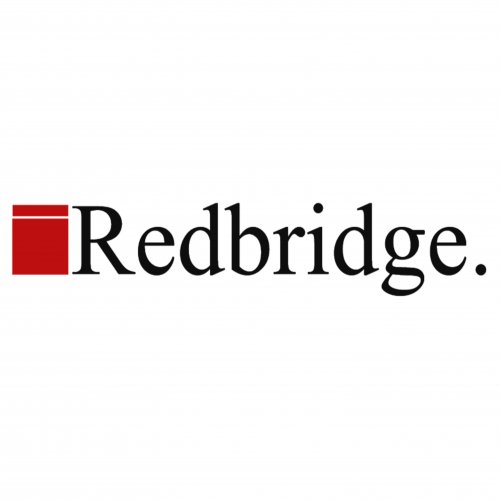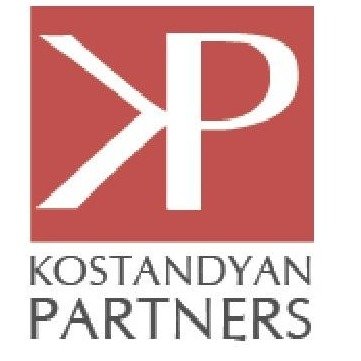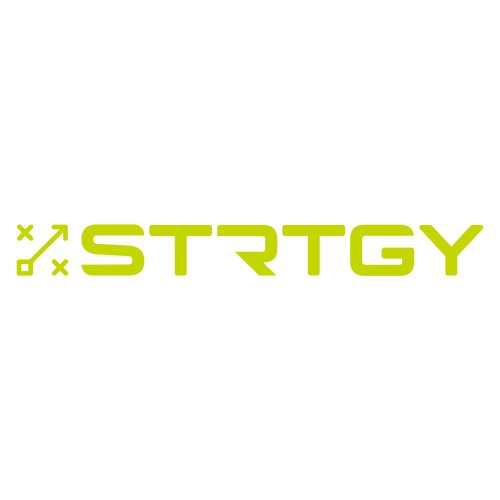Best Structured Finance Lawyers in Armenia
Share your needs with us, get contacted by law firms.
Free. Takes 2 min.
Or refine your search by selecting a city:
List of the best lawyers in Armenia
About Structured Finance Law in Armenia
Structured finance is a specialized area of finance that is used to manage risk and facilitate complex financial transactions. In Armenia, structured finance typically involves the use of financial instruments such as asset-backed securities, securitizations, and syndicated loans to fund large-scale projects or corporate needs. The local legal framework supports the efficient execution of these complex transactions while ensuring compliance with regulations established by Armenian law and international standards. The Armenian government and regulatory authorities aim to maintain transparency, protect investor interests, and encourage foreign investment through the development of clear structured finance laws.
Why You May Need a Lawyer
Structured finance transactions often involve multiple parties, complex documentation, and significant sums of money. You may need a lawyer specializing in structured finance in Armenia in the following situations:
- You are looking to structure or participate in a securitization deal
- Your business needs to raise capital through asset-backed securities or syndicated loans
- You are a foreign investor planning to invest in Armenian structured finance products
- Your company needs to navigate cross-border finance transactions involving Armenian entities
- You need help understanding contractual obligations and regulatory compliance in complex financial deals
- You are facing disputes or litigation arising from structured finance agreements
Legal guidance can help you identify and manage risks, structure deals effectively, ensure compliance with Armenian laws, and protect your interests.
Local Laws Overview
Armenia’s legal system provides a framework for structured finance activities through various laws and regulations. The core aspects that are relevant for structured finance include:
- Civil Code of the Republic of Armenia - Governs general principles of contracts, obligations, and property rights that are foundational for structuring finance deals.
- Laws on Securities Market - Establish rules for issuing, trading, and transferring securities including asset-backed securities.
- Central Bank Regulations - The Central Bank of Armenia oversees banking activities, registers participants, and monitors compliance for structured financial products.
- Foreign Exchange Controls - Regulate cross-border financial flows, including repatriation of profits and foreign investments in structured finance.
- Tax Laws - Influence the structuring of financial transactions by providing guidance on applicable taxes, exemptions, and incentives.
- Anti-Money Laundering (AML) and Counter-Terrorism Financing (CTF) Regulations - Impose due diligence obligations on parties to structured finance deals to prevent financial crimes.
Armenian law continues to evolve, seeking to harmonize with international best practices and to attract both local and foreign participants in the structured finance market.
Frequently Asked Questions
What is structured finance?
Structured finance refers to complex financial transactions that go beyond traditional lending and typically involve pooling financial assets and creating securities that are sold to investors, such as asset-backed securities and collateralized debt obligations.
Is structured finance legal in Armenia?
Yes, structured finance transactions are legal in Armenia and are governed by a combination of civil law, securities regulations, banking, and tax laws.
Do foreign investors have access to structured finance products in Armenia?
Foreign investors can participate in structured finance transactions in Armenia, but they must comply with Armenian laws regarding securities, foreign investment, and potential currency controls.
Who regulates structured finance activities in Armenia?
The Central Bank of Armenia is the primary regulator overseeing financial institutions, securities markets, and ensuring compliance with financial laws and regulations relevant to structured finance.
What types of assets can be securitized in Armenia?
Common assets used in securitization include mortgage loans, auto loans, consumer loans, and receivables. The specific eligibility is determined by Armenian law and relevant regulatory standards.
What are the common legal risks involved in structured finance transactions?
Legal risks may include contractual ambiguities, enforcement issues, regulatory non-compliance, tax liabilities, and potential disputes among transaction parties or with authorities.
Does Armenia recognize trusts or similar mechanisms for structured finance?
Armenian law does not recognize Anglo-American trust structures but allows similar asset-holding arrangements through special-purpose vehicles (SPVs) and contractual frameworks.
Is it necessary to use a local entity for structured finance transactions in Armenia?
While not always mandatory, using a locally registered SPV or other structures may facilitate compliance with legal and regulatory requirements and simplify tax treatment.
How are disputes in structured finance typically resolved?
Disputes are usually resolved through negotiation, mediation, or litigation in Armenian courts. Arbitration is also possible if designated in the transactional agreements.
What documentation is required for a structured finance deal in Armenia?
Typical documentation includes prospectuses or information memoranda, sale and purchase agreements, servicing agreements, pledge/mortgage documents, and compliance certifications in accordance with Armenian law.
Additional Resources
If you need more information or support regarding structured finance law in Armenia, consider reaching out to the following resources:
- Central Bank of Armenia - Regulates financial services and issues official guidelines for structured finance transactions.
- Ministry of Justice of Armenia - Responsible for legal acts and civil legislation relevant to finance.
- Armenian Securities Exchange - Offers information on securities regulations and trading mechanisms.
- Professional Law Associations - Provide directories of lawyers with expertise in structured finance.
- Chamber of Advocates of Armenia - Regulates and certifies legal professionals in the country.
- International Financial Institutions - Such as the World Bank and IFC, which issue guidelines and reports on financial markets in Armenia.
Next Steps
If you require legal assistance with structured finance in Armenia, consider the following steps:
- Identify the nature and scope of your transaction or issue
- Gather all relevant documents and information regarding the assets, parties, and intended deal structure
- Seek recommendations or use directories to find a qualified Armenian lawyer with expertise in structured finance
- Arrange an initial consultation to discuss your needs and the specifics of Armenian law applicable to your case
- Work closely with your legal advisor to ensure all agreements, disclosures, and compliance requirements are met
- Stay informed about ongoing changes in finance regulations and best practices in Armenia
Consulting an experienced lawyer can help you navigate the complexities of structured finance and protect your interests throughout the transaction process.
Lawzana helps you find the best lawyers and law firms in Armenia through a curated and pre-screened list of qualified legal professionals. Our platform offers rankings and detailed profiles of attorneys and law firms, allowing you to compare based on practice areas, including Structured Finance, experience, and client feedback.
Each profile includes a description of the firm's areas of practice, client reviews, team members and partners, year of establishment, spoken languages, office locations, contact information, social media presence, and any published articles or resources. Most firms on our platform speak English and are experienced in both local and international legal matters.
Get a quote from top-rated law firms in Armenia — quickly, securely, and without unnecessary hassle.
Disclaimer:
The information provided on this page is for general informational purposes only and does not constitute legal advice. While we strive to ensure the accuracy and relevance of the content, legal information may change over time, and interpretations of the law can vary. You should always consult with a qualified legal professional for advice specific to your situation.
We disclaim all liability for actions taken or not taken based on the content of this page. If you believe any information is incorrect or outdated, please contact us, and we will review and update it where appropriate.
Browse structured finance law firms by city in Armenia
Refine your search by selecting a city.




